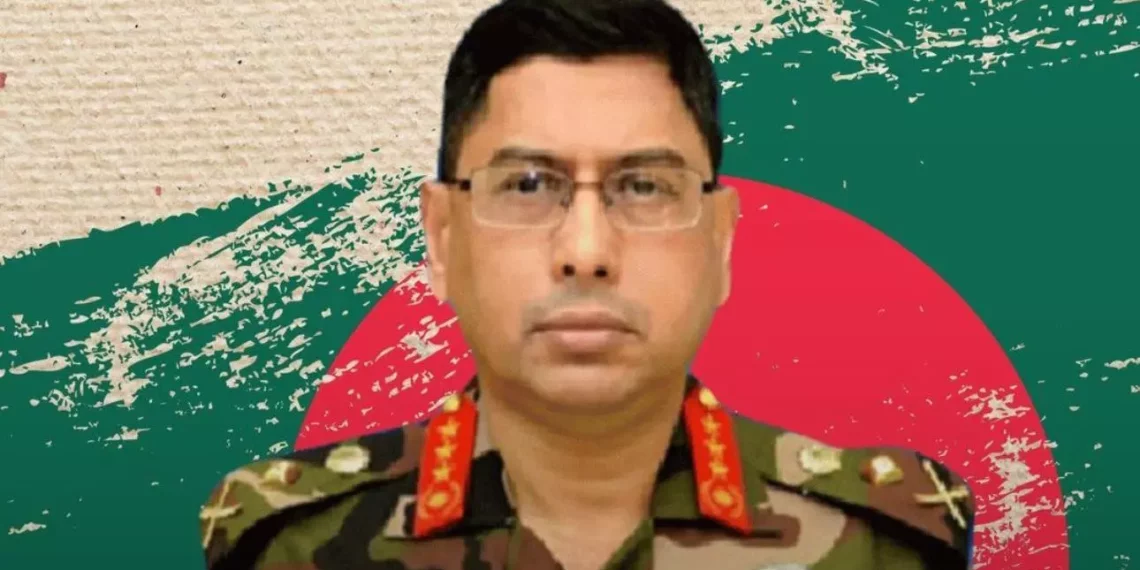The disengagement of Indian and Chinese troops from some of the contentious areas in Ladakh, followed by today’s bilateral meeting between Indian Prime Minister Narendra Modi and Chinese President Xi Jinping at Kazan in Russia will likely have a direct impact on Bangladesh where a US-backed regime change nearly three months ago has already begun floundering.
The India-China rapprochement, which took four-and-a-half years to materialise after the ingress by People Liberation Army troops into some areas in Ladakh in March 2000, appears to be an outcome of compulsion, especially after the US operation to mobilise college and university students and teachers which overthrew Sheikh Hasina from power in early August.
While Indian observers credit Russia as the cementing force in bringing the two antagonistic neighbours to sit together at the bilateral high-table in Kazan – most recent reports suggest that India and China will soon resume the stalled dialogue between their respective special representatives – Bangladeshi analysts expect this emerging bonhomie to impact their domestic politics.
The unseating of Hasina by the US was a critical blow to Indian influence in Bangladesh, which had been built over the last 15 years albeit at the expense of democratic institutions, practices and values, significant erosion in civil and human rights and probity.
But the regime change in Dhaka has not quite served Bangladesh well. By most accounts, the interim regime led by Nobel Peace laureate Mohammad Yunus has at best been “limping” and at worst struggling to maintain some semblance of governance.
“There is no doubt that the Yunus regime has failed to provide the stability that Bangladeshis desperately sought in the post-August 5 political developments. It will certainly be challenging for the Yunus-led interim regime, especially in the face of the emerging Sino-Indian rapprochement. The next two months will be very interesting insofar as geopolitics surrounding Bangladesh is concerned,” said Nazmul Ahsan Kalimullah, the head of JANIPOP, a Dhaka-based think tank.
The Yunus administration has not been helped by the very students whose violent anti-Awami League and strident anti-India stance brought him to power.
The presence of at least three student coordinators – with strong links to the banned Hizbut Tehrir – in key positions in the administration did not go down well with the police and bureaucratic structures.
Over the last two-and-a-half months, the student coordinators’ have not been able to win the confidence of the people at large, mostly as a consequence of their partisan ways but also because of their total lack of experience in government.
Indeed, the students renewed bid to present themselves as relevant fell flat on October 22 when they tried to mount a movement to remove President Mohammad Shahabuddin Chuppu who, Bangladeshi political sources said, is no mood to step down.
More importantly, Yunus and his team of ‘advisors’, including the controversial Asif Nazrul (in charge of the law ministry, among others), did not cover themselves in glory: Bangladesh continues to be in an “anarchic” condition with little or no semblance of law and order, mal-governance, lack of freedom of speech, economic instability, soaring price rise and a general sense of fear.
While a much-weakened police administration has not been able to restore order, the all-powerful army has shied away from taking control of the levers of power.
General Waker-uz-Zaman, who found himself in the thick of things following Sheikh Hasina’s departure, adopted a “soft” approach to remain relevant as a key player in Bangladesh’s politics, preferring to work in the shadows.
Gen Waker-uz-Zaman is on a crucial visit to the US, where is said to have met Pentagon and other important officials, but not many senior officials in Bangladesh are privy to what may have transpired in the confabulations that the army chief had in Washington.
The emerging India-China rapprochement may not have been lost on Gen Waker-uz-Zaman as he prepares to return home to political uncertainty, if not instability.
Politically, there is every sign that the Bangladesh Nationalist Party (BNP) really does not want the Awami League excluded from the political-electoral process.
Indeed, it is reliably learnt that the rump Awami League – many of its top leaders are in hiding in other countries – is trying to regroup and reconsolidate itself.
While the party will be faced with significant challenges, much depends on what shape and form the political landscape will take in the event the army exerts itself and how best the BNP is able to manoeuvre itself, in the face of stiff opposition from Islamist parties and forces, in the evolving situation.















